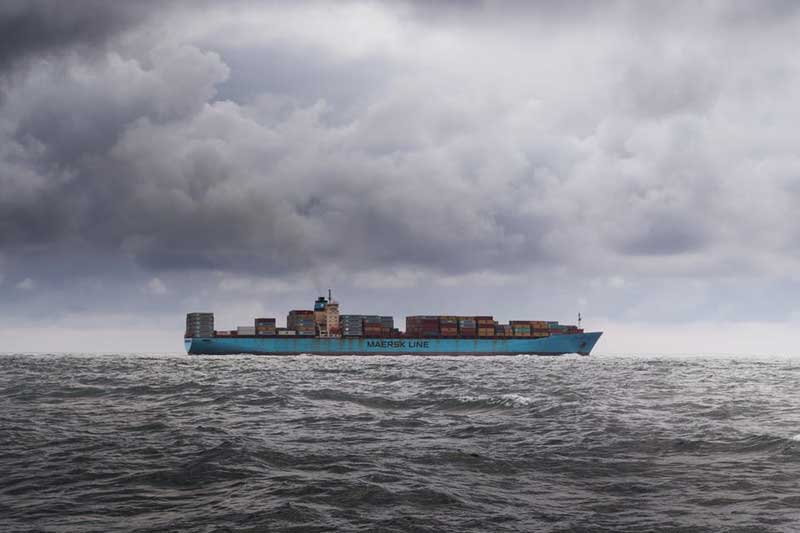
403
Sorry!!
Error! We're sorry, but the page you were looking for doesn't exist.
Major banks restrict financing for unsafe shipowners
(MENAFN) Major banks are taking steps to limit financing for shipowners who fail to prioritize the safety of their crews, in response to increasing concerns about the dangers faced by seafarers. Recent attacks on ships in the Red Sea and other maritime disasters have underscored the severe hardships experienced by those working at sea. As a result, executives from eight leading banks, including ING and Citigroup, are scheduled to meet in October to discuss strategies for ensuring that their clients adhere to safety standards. This initiative may also lead to reduced lending for those who neglect these standards, reflecting a broader shift in the industry towards more responsible financing practices.
This move follows an earlier agreement among banks that provide loans for substantial investments like shipbuilding to monitor and report on the environmental impact of the shipowners in their portfolios. However, this initiative has seen mixed results since its inception in 2019, with compliance varying widely among the participants. The current development signals a heightened focus on the welfare of the world’s 1.9 million seafarers, who are critical to maintaining global trade flows yet often work in challenging conditions far from regulatory oversight. Some shipowners have continued operations through dangerous regions such as the Red Sea, despite the ongoing threat of Houthi missile attacks in Yemen, reflecting the precarious security environment that seafarers face.
Stephen Foster, head of shipping finance at ING, who will chair the upcoming meetings with representatives from other banks such as ABN Amro, UBS, DNB, Nordea, SMBC, and SEB, emphasized the urgency of addressing these issues. He highlighted the plight of low-income crew members who have little choice but to work in hazardous areas due to economic pressures. Foster expressed concern over companies that choose to operate in high-risk zones, suggesting that financial institutions would be reluctant to fund businesses that repeatedly endanger their workers. This initiative represents a significant shift towards ethical lending practices, with banks increasingly unwilling to support companies that put their employees at risk for profit.
This move follows an earlier agreement among banks that provide loans for substantial investments like shipbuilding to monitor and report on the environmental impact of the shipowners in their portfolios. However, this initiative has seen mixed results since its inception in 2019, with compliance varying widely among the participants. The current development signals a heightened focus on the welfare of the world’s 1.9 million seafarers, who are critical to maintaining global trade flows yet often work in challenging conditions far from regulatory oversight. Some shipowners have continued operations through dangerous regions such as the Red Sea, despite the ongoing threat of Houthi missile attacks in Yemen, reflecting the precarious security environment that seafarers face.
Stephen Foster, head of shipping finance at ING, who will chair the upcoming meetings with representatives from other banks such as ABN Amro, UBS, DNB, Nordea, SMBC, and SEB, emphasized the urgency of addressing these issues. He highlighted the plight of low-income crew members who have little choice but to work in hazardous areas due to economic pressures. Foster expressed concern over companies that choose to operate in high-risk zones, suggesting that financial institutions would be reluctant to fund businesses that repeatedly endanger their workers. This initiative represents a significant shift towards ethical lending practices, with banks increasingly unwilling to support companies that put their employees at risk for profit.

Legal Disclaimer:
MENAFN provides the
information “as is” without warranty of any kind. We do not accept
any responsibility or liability for the accuracy, content, images,
videos, licenses, completeness, legality, or reliability of the information
contained in this article. If you have any complaints or copyright
issues related to this article, kindly contact the provider above.


















Comments
No comment